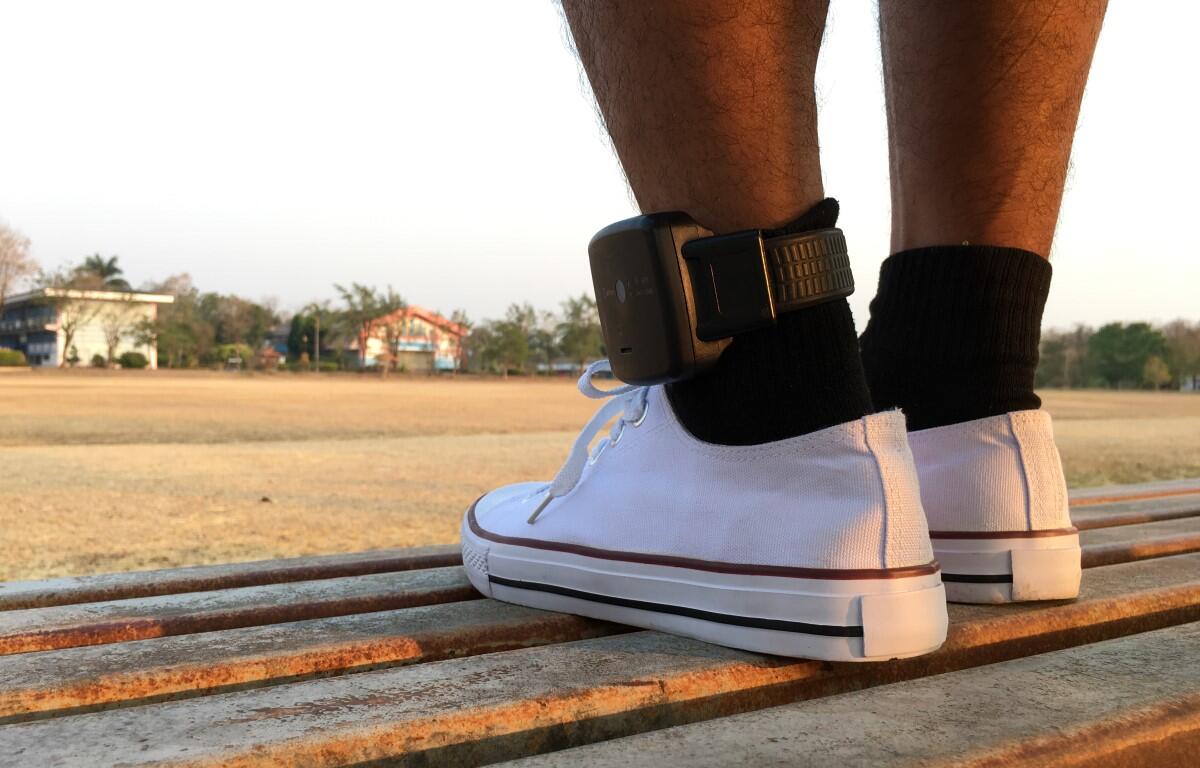CLARKSVILLE, TN (CLARKSVILLE NOW) – The Montgomery County Budget Committee approved a measure that would qualify more GPS vendors to enter into contracts with the county. This would allow the county to fully comply with a new state law that requires domestic violence offenders, when released on bail, to wear a GPS-enabled ankle bracelet. This law also allows victims of domestic abuse to better keep track of those offenders.
The Electronic Monitoring at Will Service Agreement was approved at the Oct. 22 Budget Committee meeting and sent to the Montgomery County Commission for final approval.
County Commissioner Jonathan Gannon said, “The agreement was made to get more qualified companies to be used as vendors,” as opposed to just one vendor.
The state law in question is the Debbie and Marie Domestic Violence Protection Act, which was passed with bipartisan support by the Tennessee legislature in July. Under the law, a person charged with aggravated assault against a domestic abuse victim must wear a GPS as a condition of bail. If an offender violates a condition of the bond, such as removing their GPS device or approaching the victim, the victim and the appropriate responders will be immediately notified. Additionally, the offender is responsible for the cost associated with these systems.
One of the requirements of the law is that counties must enter into a written agreement with a qualified GPS provider. Broadband agreements could take months to complete, so the resolution was approved while agreements were being finalized, said County Attorney Tim Harvey.
Challenges with opt-in monitoring
Many counties have only enacted the first part of state law that focuses on tracking the defendant, but not one county has yet adopted the second part regarding the victim. According to the law, victims must be provided access to an app or device to notify them if the defendant is within their proximity. Montgomery could be the first county in Tennessee to provide this service.
The state law requires that the systems have confidentiality, so the victim’s coordinates aren’t revealed, but the problem is figuring out “how the victim can give away information to the court and not give away confidential locations information to the public,” said Harvey.
Those issues will have to be worked out before the system is implemented.
DON’T MISS A STORY: Sign up for the free daily Clarksville Now email newsletter


